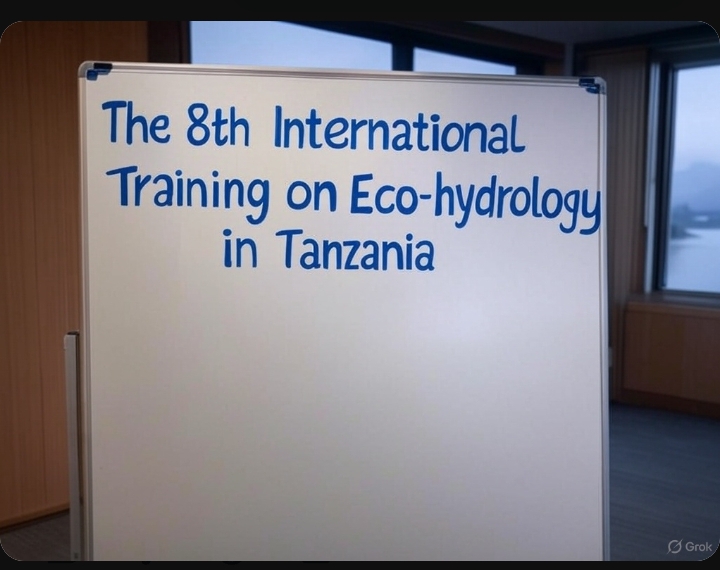Climate risks can be complex to deal with because they don’t respect country borders. Hazards in one region can have negative repercussions in another. These are known as transboundary climate risks, and they’re a growing concern. They require coordinated, multinational responses, which can be a challenge given the different priorities and capabilities of each country.
A transboundary climate risk could be due to a shared ecosystem, such as a river basin. For instance the Nile river, which flows through 11 countries, can experience variations in water availability due to changes in the weather. This will affect the millions who depend on it.
Transboundary climate risks can also cross continents and oceans and spawn crises on the other side of the world. These could range from food and water shortages to threats to trade and energy, widening inequalities, forced migrations and even geopolitical conflicts.
For instance a drought in East Africa could affect tea production in Kenya. This would lead to an increase in prices for tea drinkers in importing countries, like the UK. Likewise, a typhoon could affect manufacturers in south-east Asia. This could disrupt the supply of electronics to African markets and lead to price hikes or shortages.
for more information visit the link below;




